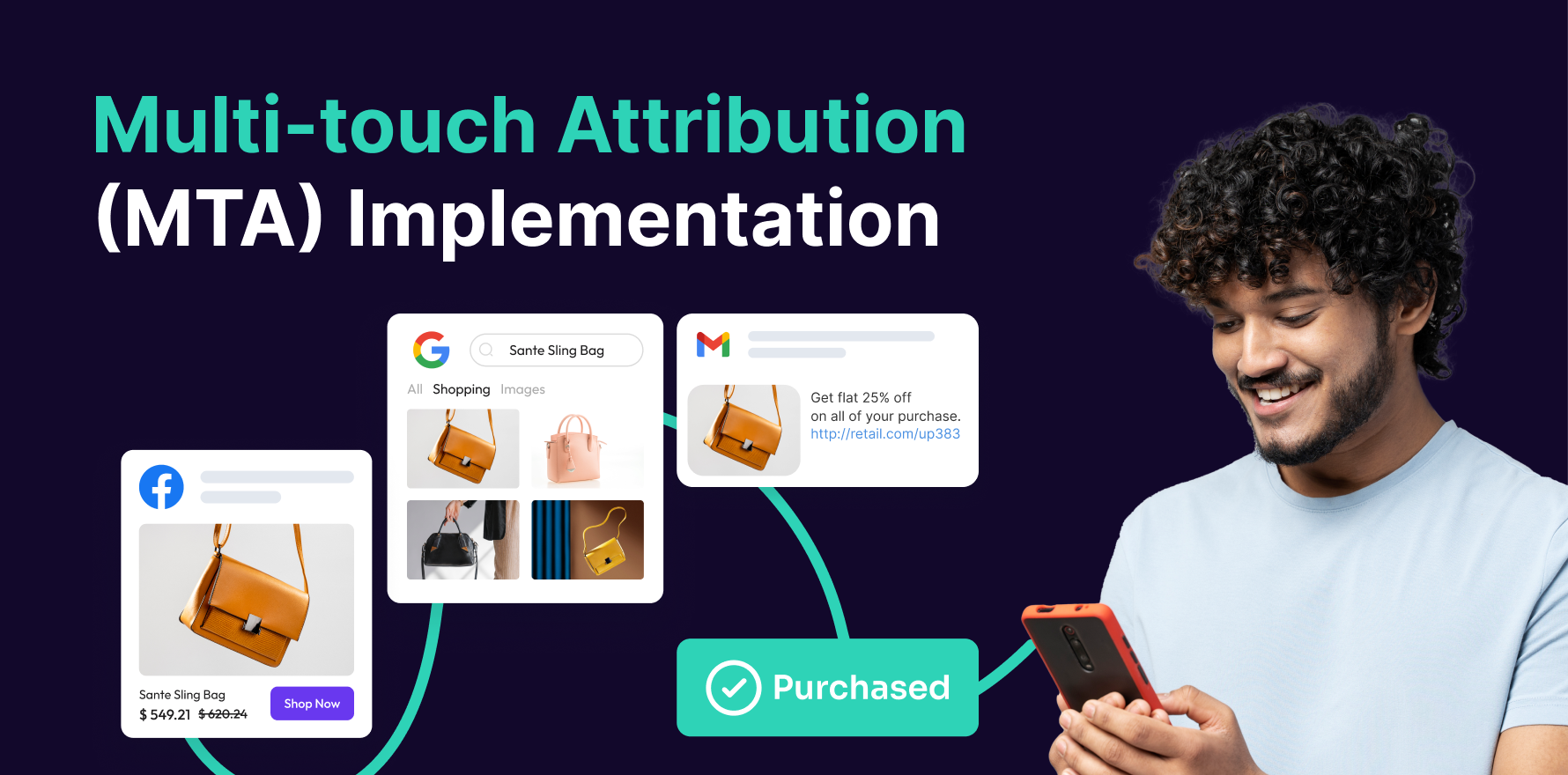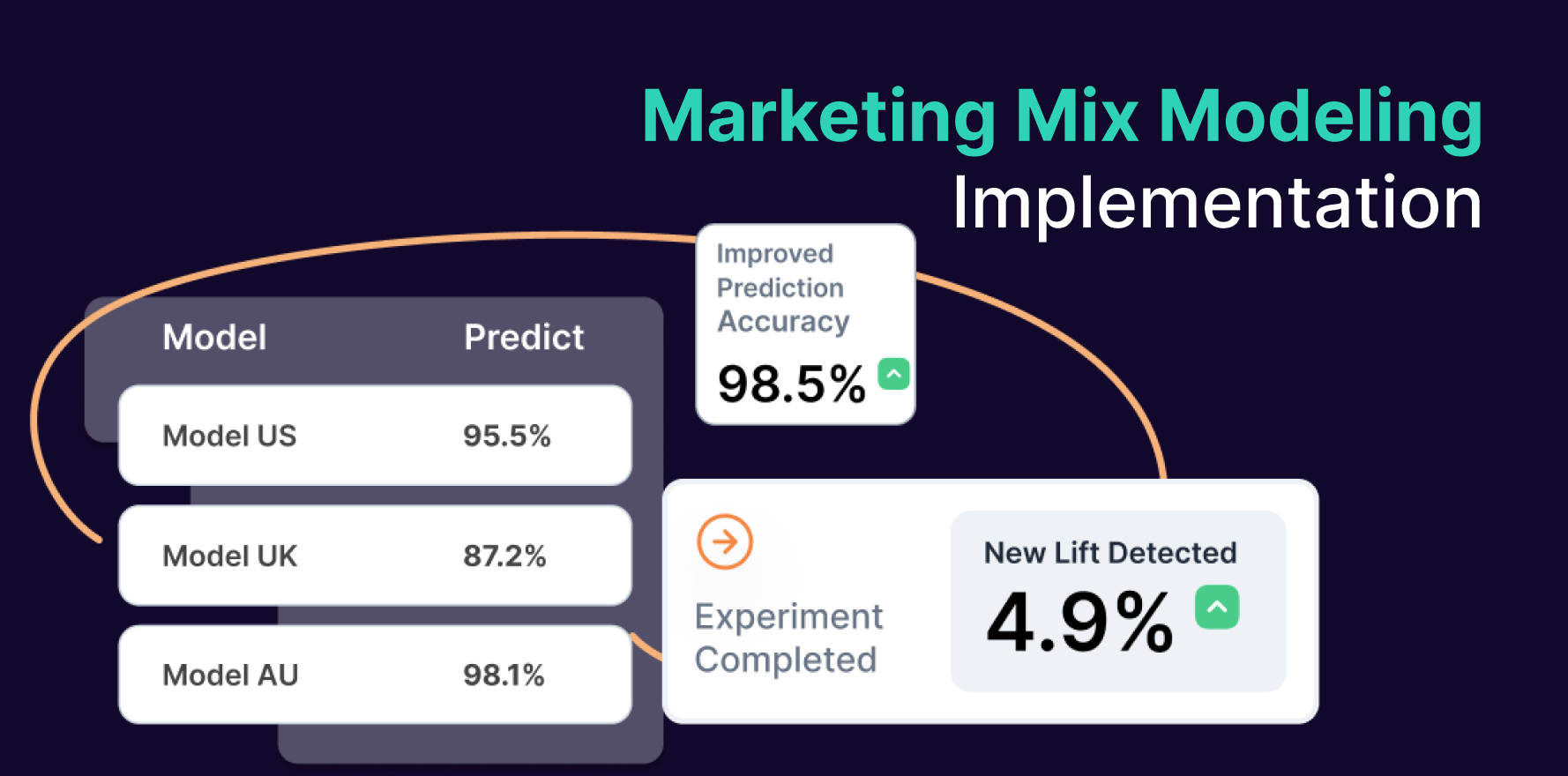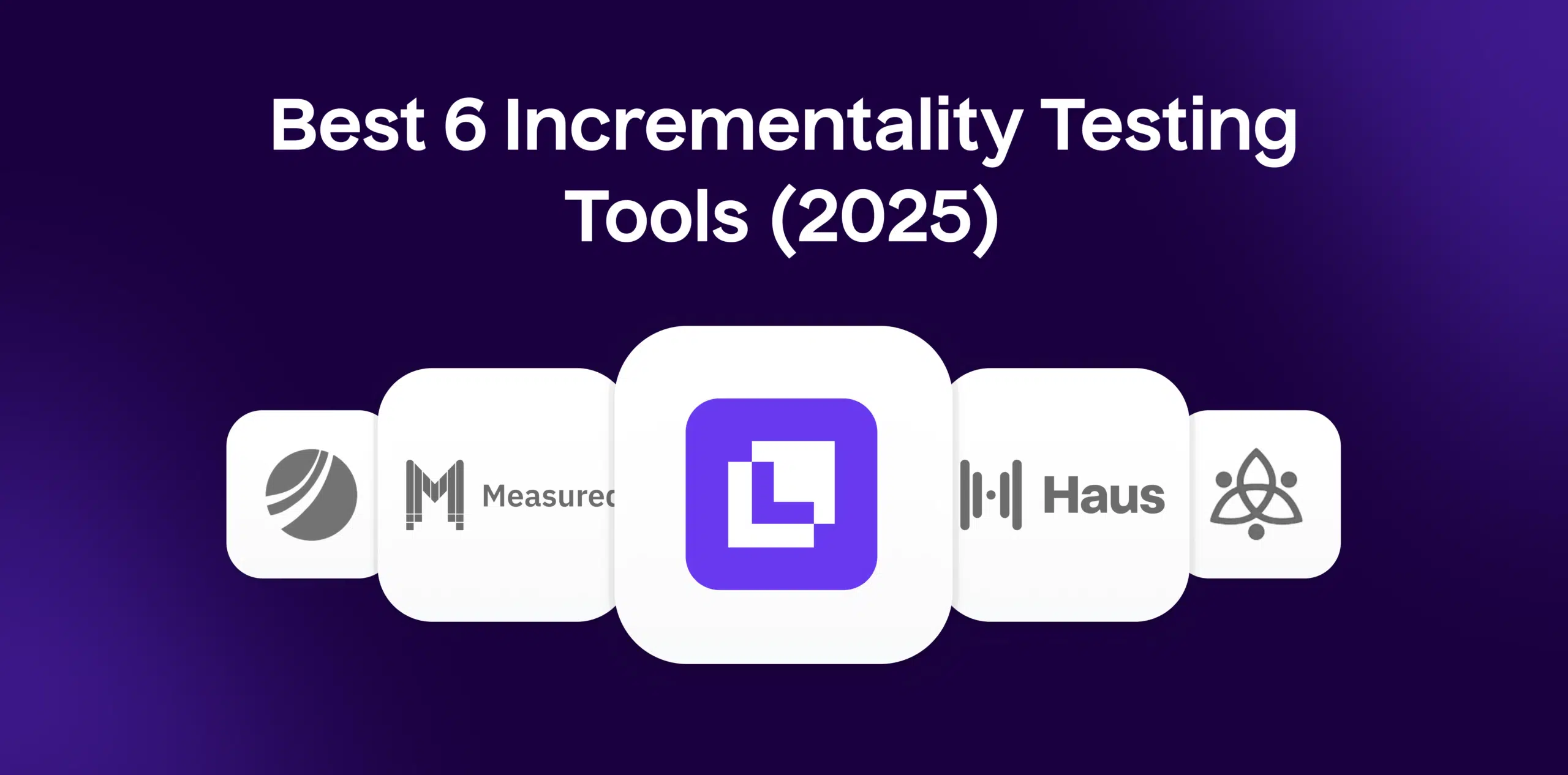What is Marketing Effectiveness?
Marketing Effectiveness refers to the ability of an organization’s marketing strategies to generate the desired outcomes and achieve set objectives, usually in terms of increased sales, brand awareness, or customer retention. In the context of e-commerce, it measures the ability of online marketing efforts to attract, retain, and convert potential customers, contributing to the overall business growth.
Formula
There isn’t a one-size-fits-all marketing effectiveness formula, as it largely depends on the specific objectives of the marketing campaign. However, a basic formula may look something like this:
Marketing Effectiveness = (Gross Profit – Marketing Spend) / Marketing Spend
Example
Suppose an e-commerce store spent $10,000 on a marketing campaign that generated $40,000 in sales. The gross profit earned from this campaign would be $30,000. Therefore, the Marketing Effectiveness of the campaign would be ($30,000-$10,000)/$10,000 = This results in a Marketing Effectiveness score of 200%, indicating a highly effective campaign.
Why is Marketing Effectiveness important?
Marketing Effectiveness is crucial for brands, as it helps them understand the return on their marketing investments. It enables firms to determine which strategies work best, where they need to make improvements, and how to allocate resources optimally. Understanding marketing effectiveness insights also helps companies tailor their strategies to improve overall conversion rates and drive sales growth.
Which factors impact Marketing Effectiveness?
Improving marketing effectiveness involves testing and optimizing various elements of your marketing strategy to better connect with your target audience. This can involve refining communication channels, optimizing conversion funnels, improving content quality, better usage of marketing tech, and exploring innovative marketing tactics. Methods like A/B testing, customer surveys, and data analysis can provide insights into areas that need improvement.
How can Marketing Effectiveness be improved?
Many factors come into play, including the quality of the marketing messages, the effectiveness of the marketing channels used, the competitive environment, and even external factors like market trends and economic conditions.
What is Marketing Effectiveness’s relationship with other metrics?
Marketing Effectiveness has a correlation with several other e-commerce metrics like conversion rates, bounce rates, average order value, and customer lifetime value. Higher marketing effectiveness usually improves these metrics, leading to better overall e-commerce performance.
Free essential resources for success
Discover more from Lifesight














